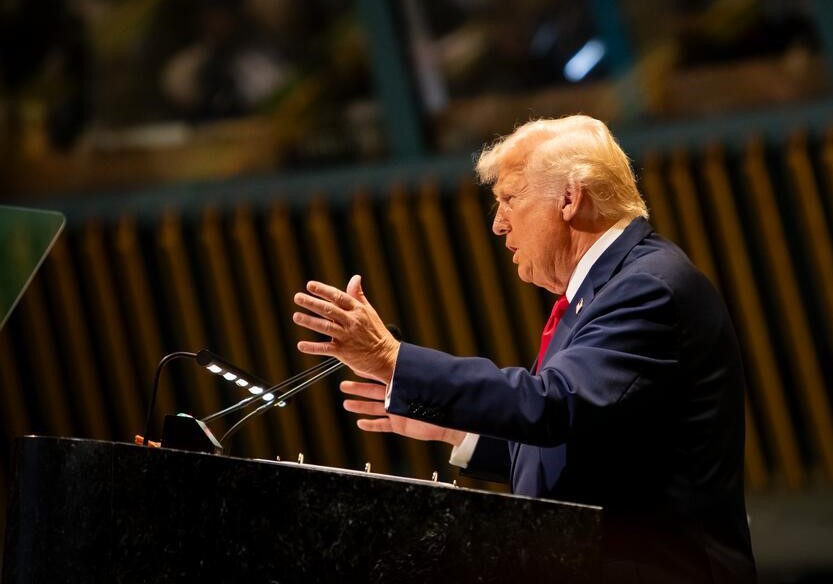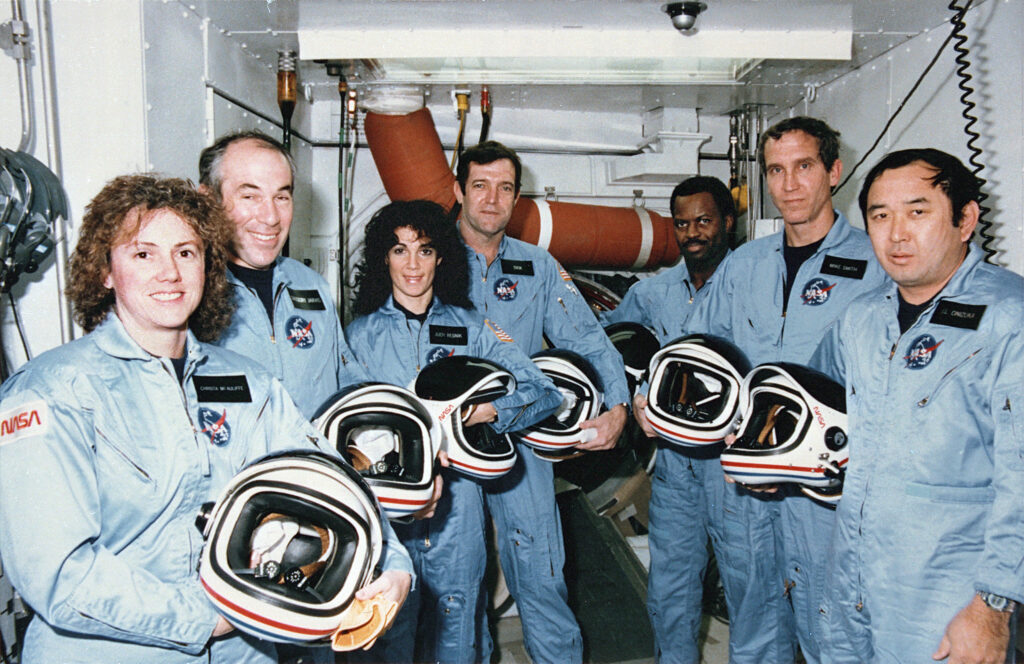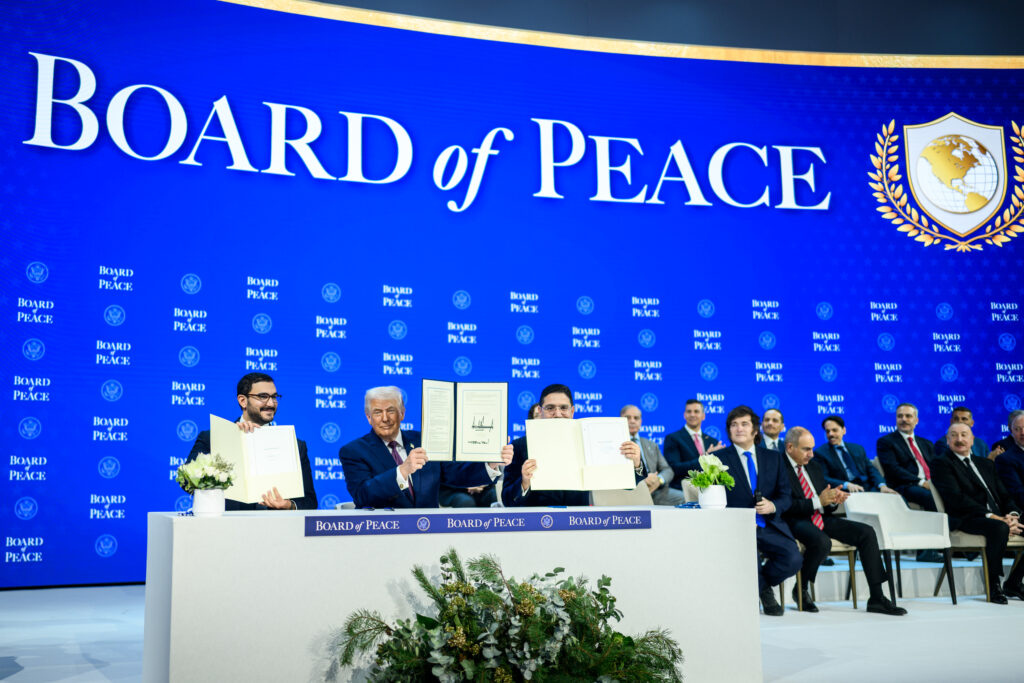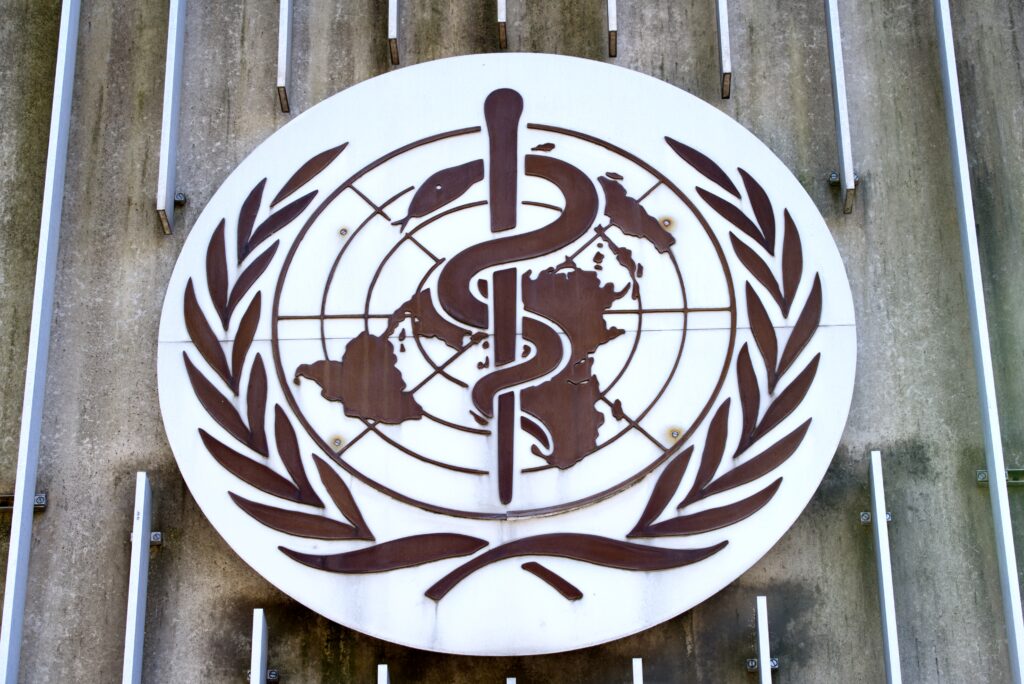UNGA80 delivered no shortage of headlines – Palestinian statehood, climate action and the usual high drama of High-Level Week. While others parse the geopolitics, we’re zeroing in on some U.S.-UN issues that hit close to home.
Here are five big takeaways:
1. Haiti: A Referendum on U.S. Reliability
In one of UNGA’s most searing addresses, Haiti’s transitional president Laurent Saint-Cyr described a country suffocating under gang control, wracked by murders, rapes, famine and mass displacement. For the U.S., this is not abstract. Instability drives migration to Florida and opens space for rivals in our own backyard.
That’s why Washington is pushing to expand the Kenyan-led Multinational Security Support Mission (MSS) into a larger Gang Suppression Force. The proposal has broad support from the international community, but previous U.S. financial pledges to the MSS remain unmet. Plus, the U.S. just pulled back over $600 million in previously pledged funds to UN peacekeeping. In short, if Washington refuses to pay its fair share, there will be no mission.
Takeaway
Instability in Haiti drives migration and fuels rival influence – yet U.S. funding shortfalls threaten Haitian security and American credibility.
2. Syria: Back on the World Stage
For the first time in six decades, a Syrian leader addressed the Assembly. Interim president Ahmad al-Sharaa pledged justice, rebuilding and elections. Crowds in Damascus cheered; protests in New York showed deep divisions.
For Washington, the puzzle is sanctions. Al-Sharaa pressed for sweeping relief, but only Congress can unwind the Caesar Act that keeps those sanctions in place. The U.S. must weigh humanitarian needs against leverage for accountability and minority protections.
Security concerns add another layer. Trafficking, cross-border strikes with Israel and the lingering threat of extremist groups all require sustained oversight. Here, the UN is uniquely positioned to play a central role – monitoring ceasefire arrangements, verifying counter-narcotics claims and benchmarking human rights protections before recognition or aid flows too far. U.S. enforcement agencies don’t want to be on the front lines; the UN has and can continue to be a proxy for such oversight.
Takeaway
Syria may be back at the dais, but legitimacy is earned. For the U.S., UN engagement tied to progress protects civilians and avoids boots on the ground.
3. Trump’s Pivot on Ukraine
President Trump used his UNGA speech to flip his stance on Ukraine. After months urging compromise, he now embraces full victory, declaring Ukraine can “fight and WIN” back its borders. Pressed on NATO’s role if Russian aircraft enter allied airspace, Trump was unequivocal: “Yes, I do.” After meeting with President Zelensky, he wrote on Truth Social: “With time, patience and the financial support of Europe and NATO, the original Borders… are very much an option. Why not?” Called Russia a “paper tiger,” he derided Putin for “fighting aimlessly” for years.
The pivot raises expectations for sustained U.S. and NATO support, not just defensive aid but possibly offensive systems. That could reignite Congressional divides over funding levels, even as rescissions and arrears pile up. At the same time, Trump’s endorsement of NATO defense commitments pulls the U.S. deeper into Article 5 obligations at a moment of heightened Russian drone incursions in Poland and the Baltics.
Takeaway
Trump’s call for outright Ukrainian victory raises expectations for expanded aid and multilateral commitments, putting new pressure on appropriations and U.S. credibility.
4. Bureaucracy on a Budget
If one theme cut through UNGA80, it was reform. Secretary-General António Guterres pushed his UN80 plan to cut costs, streamline operations and refocus the institution. Proposals include an historic 15 percent core budget cut in 2026, eliminating nearly one in five posts and consolidating in lower-cost hubs.
For Washington, this is an opportunity. The U.S. has long pressed for efficiency and accountability. But with $1.5 billion in arrears and recent reneging on promised money, credibility hinges on paying dues. Opponents argue Washington wants reform without responsibility. Congress now decides whether the U.S. shapes reform or sidelines itself. With China and others ready to fill gaps, disengagement costs influence, not just dollars.
Takeaway
UN80 aligns with U.S. demands for efficiency, but without paying our fair share, Washington will lose influence over reforms it has long sought.
5. Escalator-gate: A Master Class in Disinformation
At UNGA80, a brief escalator malfunction involving Trump and the First Lady became a case study in conspiracy. “All I got from the United Nations was an escalator that on the way up stopped right in the middle,” Trump told the Assembly. White House spokeswoman Karoline Leavitt suggested sabotage, fueling #EscalatorGate.
UN officials explained that a U.S. videographer triggered a built-in safety mechanism. In addition, U.S. complaints about sabotage of the teleprompter were also unfounded. The teleprompter, in fact, is operated by the White House and did ultimately work. Still, conspiracy theories spread quickly, amplified by partisan media.
Takeaway
Jokes aside, disinformation spreads faster than facts. Even trivial mishaps can harden distrust of the UN and complicate debates on U.S. funding and leadership.
Bottom Line
UNGA80 underscored how global crises are inseparably linked to the U.S., and why credibility, funding and leadership at the UN matters. As the U.S. weighs its commitments, the world is watching not only what America says in New York, but how it delivers in Washington.




